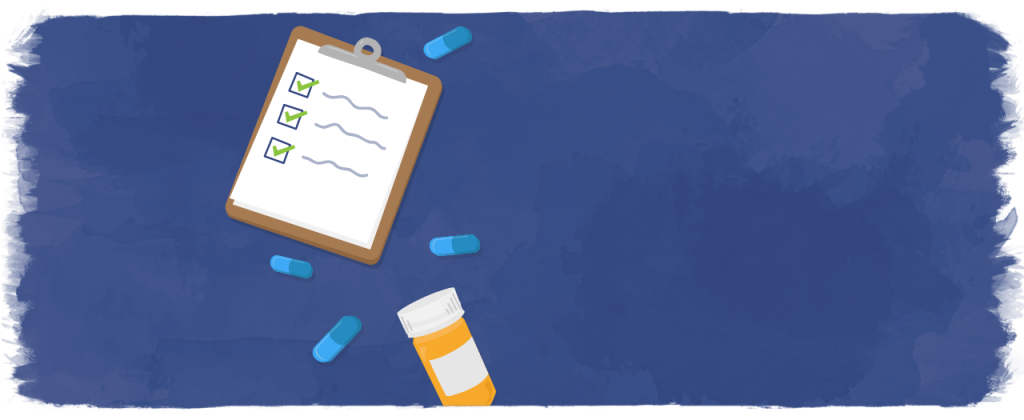When it comes to maintaining your health, it’s important to be well-informed and do everything in your power to stay safe…
By Jake Mossop
YouTube: TheJakeMassop
As a registered nurse and member of the LGBTQ+ community I’ve found that there is an abundance of information available on what PrEP is, but what seems to be lacking is the health teaching that should always go hand-in-hand with a prescription. Here are my 4 C’s on how to be the most successful on this medication.
CONSISTENCY
The most important take away, is that you must take PrEP every single day. As you take the pill, you build up the necessary medication levels in your blood stream. If you miss a day, or miss two days, the medication’s active ingredient starts to plummet, and you’re increasing your risk of exposure.
So, if you’re someone who doesn’t complete their full course of antibiotics or perhaps is just not willing to sign up for a daily commitment, then this option of HIV-1 protection is likely not the best option for you.
CONDOMS
Another way to be successful on PrEP, is to surprise, surprise…still use condoms! One thing to keep in mind, PrEP is only a preventative measure for HIV-1. It doesn’t take any other STIs into the equation. So you can still acquire mutated strains of HIV, syphillis, herpes, gonorrhoea, chlamydia, genital warts, HPV, and the list sometimes seems endless.
I stress this point all the time, because I think it’s one of the biggest downfalls with PrEP’s rise in popularity. Regardless of additional STIs, PrEP isn’t 100% effective in preventing HIV either. It’s documented to sit around the 90-99% mark, so adding condoms to your repertoire will only increase your success.
CHECK UPS
While on PrEP, you have to follow-up with your doctor every three months. They’ll want to conduct blood work on you, to ensure you haven’t contracted HIV and also to make sure that you’re not experiencing any side effects. Plus, you should get in the habit of going in to see your practitioner for prescription refills.
CONVOS
Go back to the basics. Have conversations with sexual partners, as PrEP should not be a substitute to informed decision making around your sexual practices. So, continue to ask sexual partners their HIV status, their sexual history and, most importantly, when they were last tested. The when and what they’ve been up to in-between, is the most important because if their last test was a month ago versus two years ago, and they’ve put themselves at risk sometime in-between, then hopefully it will guide you in choosing how to engage with them sexually. Conversations of this nature are awkward, but it’s important that you find the courage within you to have them.
Knowledge is power! So when it comes to maintaining your health, it’s important to be well-informed and do everything in your power to stay safe. Can I get a “stay safe, and have fun”!
For more information about Gay Men’s Sexual Health, check out: The Sex You Want.






POST A COMMENT